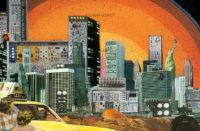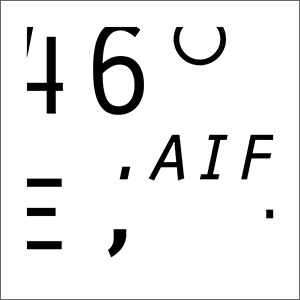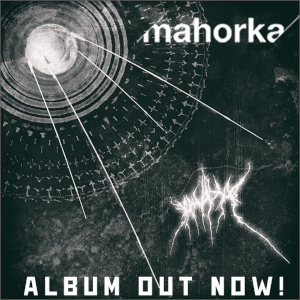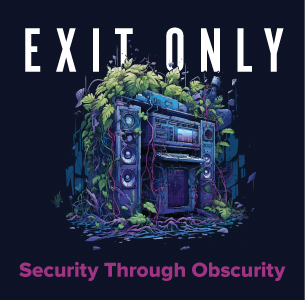
(09.18.07) I hope some people still believe synths have no soul. Does the robotic precision of electro and synthpop still make people mad? Do The Human League still claim to use no sequencers in their production? Are Erasure still using the same keyboard they bought in 1985? Does anyone actually like the sound of workstation horns?
I don’t mean to disparage a whole generation of music. After all, a lot of work went into FM synthesis in the 1970s and 1980s, creating those shiny metallic noises that are the trademarks of electro and synthpop.
But just like Knight Rider reruns, those shiny noises will never go away. All we can hope is they be used with grace and tact or, as a last resort, with sheer fucking gusto. In the latter case, think Chromeo. They are like the captain of the football team who also turns out a thrilling performance in the school play. You want to hate them, but sometimes popularity can be remarkably self-justifying. Meanwhile, sitting under the bleachers, sneering at jocks and nerds alike, artists like Slap [unmodified] find solace in ambiguity and nuance. Rather than adopt the brute swagger of Chromeo, Slap [unmodified] attempts to create an electro-synth-pop sound with more finesse. At the end of the day, though, guess who gets the girl?
It is hard to say why Slap [unmodified]’s Auto [repeat] comes up short. Released as a 7″ vinyl disc, bundled with a limited edition 3″ CD featuring two bonus tracks, and packaged in rich full-color graphics, everything looks and sounds cherry. And the album arrives with a solid indie dance pedigree. It is produced by Thomas Sinclair, who worked previously as half of Canadian electro-pop duo Black Turtleneck (the other half being Jason Amm aka Solvent).
The music contrasts electro syncopations with simple synth melodies and lush chordal arrangements in a style reminiscent of Pet Shop Boys. But the moody vocals, which appear sparsely, are more David Gahan than Neil Tennant. These 1980s resonances sound better on some songs than on others. Side A on the vinyl, the track “Auto-repeat (version 2),” has some surprising splashes of digital noise and glitch edits, but otherwise it is straight-ahead electropop, with a somber vocal refrain breaking the monotony in the last third. “Omnipresent (2nd Edit),” unfortunately available only on the CD, is much better. Like a chained-up dog, it is equally menacing and forlorn, and the mechanized vocals deftly add to this sense of alienation. The layering of the music is a bit thin, but if the overall sound were denser, it could be a hidden track on Depeche Mode’s Violator. The other major song on the vinyl release, “Effexor Redux,” has a breakdown (with bass!) that after two and a half minutes of Casio chords sounds sinister and righteous. But it’s not enough to save a song that relies so heavily on one-dimensional synth lines.
There is a consistency of tone throughout all these songs that is admirable. But, to my ears, this consistency quickly becomes monotonous. The music is pretty, and its stylistic references are self-assured, but it just feels like it has no soul.
Auto [repeat] is out now on Architecture of Sound.














